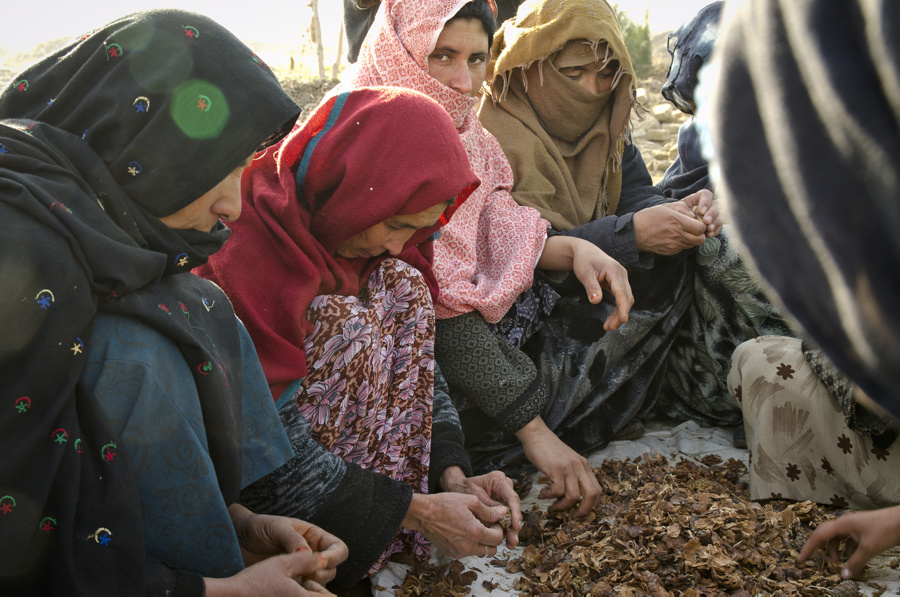Miliona afganë do të përballen me urinë këtë dimër nëse nuk ndërmerren veprime urgjente, ka paralajmëruar Programi Botëror i Ushqimit i OKB-së (WFP).
Me pasiguri të sigurimit të ushqimit përballen rreth 22.8 milionë njerëz, shifër kjo që përbën mbi gjysmën e numrin të popullsisë, ndërsa 3.2 milionë fëmijë nën pesë vjeç mund të vuajnë nga kequshqyerja, tha organizata.
“Afganistani është ndër vendet që po përballet me krizën më të keqe humanitare në botë, nëse jo më së keqi”, deklaroi David Beasley, shefi ekzekutiv i Programit Botëror të Ushqimit të OKB-së, duke paralajmëruar se katastrofa është afër.
Talibanët e morën kontrollin e Afganistanit në muajin gusht pasi Shtetet e Bashkuara dhe aleatët tërhoqën forcat e tyre pas rreth 20 vjet të intervenimit ushtarak për të rrëzuar nga pushteti regjimin taliban.
Kontrolli i shtetit nga talibanët dobësoi edhe më shumë ekonominë e brishtë tashmë që varej shumë prej ndihmave nga të huajt. Fuqitë perëndimore pezulluan ndihmën, ndërsa Banka Botërore dhe Fondi Monetar Ndërkombëtar gjithashtu ndaluan pagesat.
Nëse Bruto Prodhimi i Brendshëm (PBB) i një vendi varet në shkallën 10% nga ndihmat e huaja atëherë konsiderohet si i varur nga ndihmat. Sipas Bankës Botërore, në rastin e Afganistanit, rreth 40% PBB-së ishte ndihmë ndërkombëtare./UBTNews
